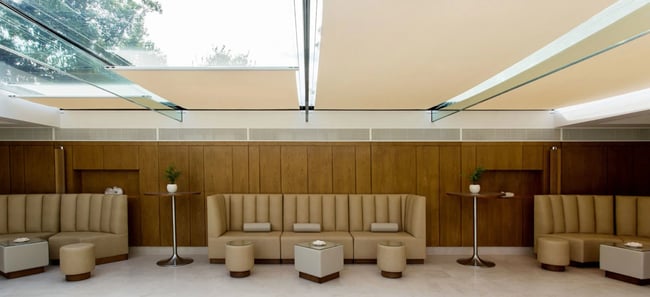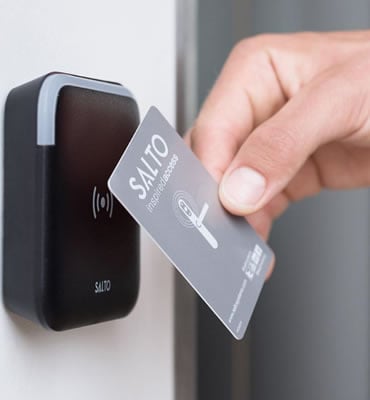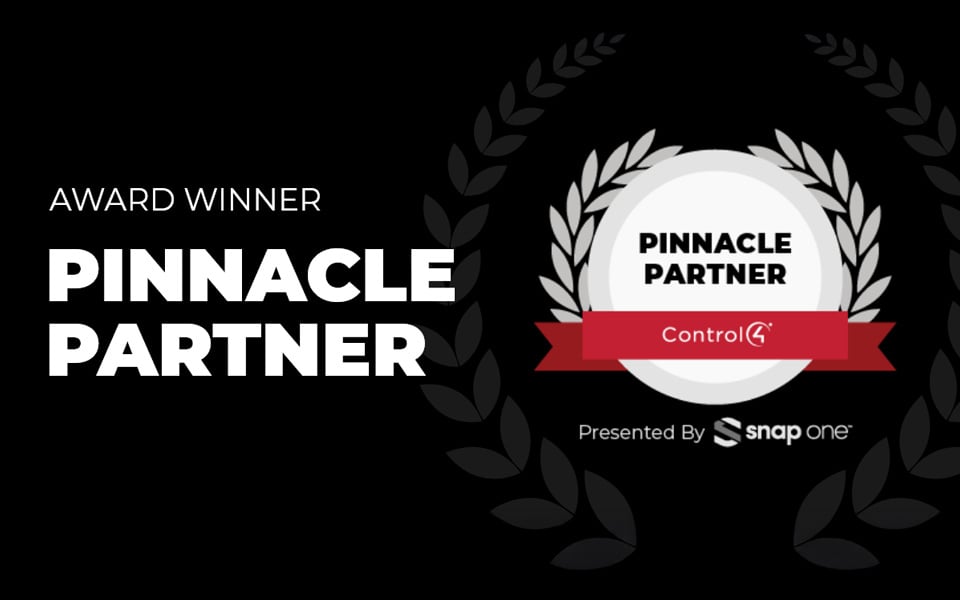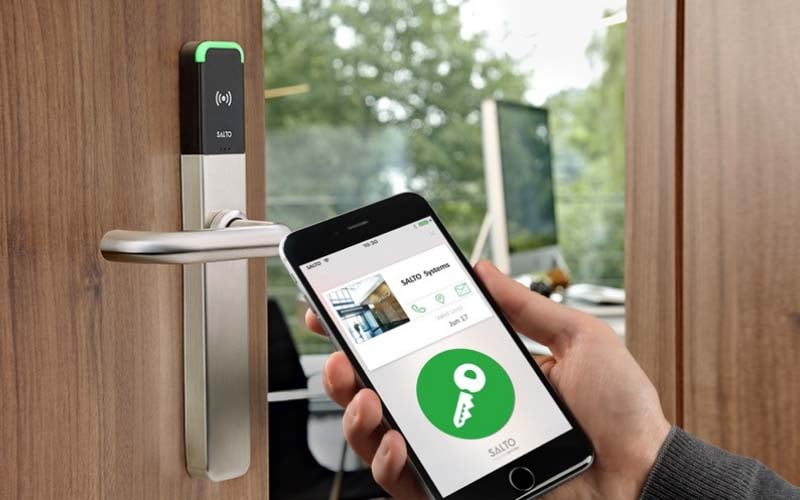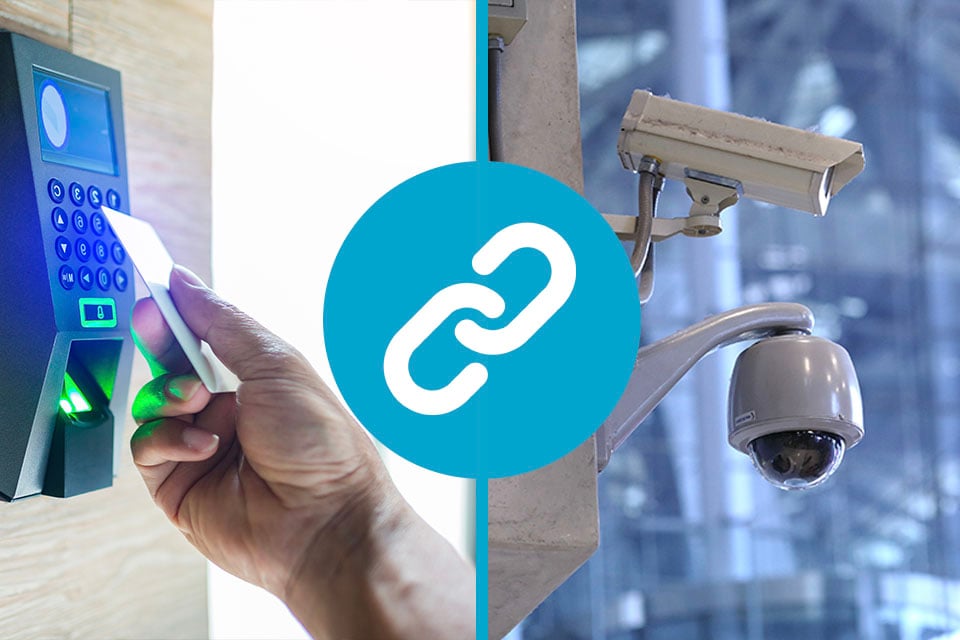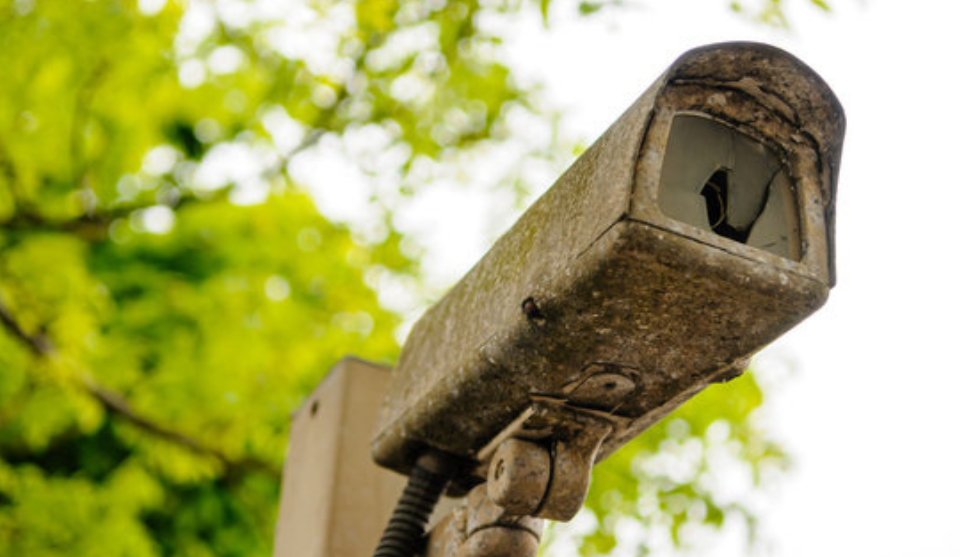Smart lighting is one of the most in-demand smart home features, and for good reason. If you want to add character and ambience to your home, it can make a huge difference without too much cost. But the benefits of smart lighting don't stop there. A professionally installed smart home lighting system will make everyday life easier and more convenient.
Along with smart sound, smart home security, and smart heating, smart lighting has become increasingly popular as more IoT (Internet of Things) tech enters our homes. The smart lighting market alone is projected to reach $18bn by 2029, almost double its 2024 value of $9.5bn.
Jump To
- What Is Smart Lighting Technology?
- What Types of Smart Lighting Are There?
- Can I Install Smart Lights in My Current Setup?
- What Are the Benefits of Smart Lighting?
- Can I Upgrade My Smart Lighting?
- The Future of Smart Lighting
- Final Thoughts
Homeowners are eager to level-up their houses with the newest, most inventive lighting tech. We’re here to help.
We're The Chris Lewis Group, a specialist smart home system installer based in the South of England. We've created and installed state of the art smart home systems for properties ranging from historic country mansions to listed townhouses.
In this latest blog, we will explain smart lighting - what it is, its benefits for you, and why you should install it. We will explore how it can improve your house's value, among other useful features.
.webp?width=960&height=440&name=Kitchen%20Smart%20Lighting%20(1).webp)
What Is Smart Lighting Technology?
Smart lighting is the term given to lighting systems controlled remotely by connected devices. These remote controls can include smartphones, tablets, or intuitive wall-mounted panels. With these, you can adjust lights or switch them on and off from anywhere in the house. Some systems even let you control your smart lighting when you're away through scheduling and automation, or via an app on a smart device.
But remote control is just the start. There’s far more to smart home lighting than being able to control your lights without needing to get up. Other advantages of smart lighting over traditional lighting systems include scheduling, geofencing, pre-set lighting “scenes” and integration with other smart home devices. We’ll get into all of these later on.
What Types of Smart Lighting Are There?
Smart lighting covers a wide range of lighting types and lighting systems. At its most basic, it can be a single smart LED bulb with adjustable light temperature. On the other end of the scale, you could have a fully-programmed household lighting system that can be controlled with smartphones, tablets, wall-mounted smart panels, or even voice commands, and which is integrated with other smart home systems.
Can I Install Smart Lights In My Current Setup?
Thanks to the growth of the smart lighting market, there are systems to suit any setup. Brands like Lutron have pioneered this trend, and produced a range of styles that make perfect additions for both period and more modern homes.

At the same time, smart LED lighting has become accessible to the average consumer as well. Philips Hue - the most prominent example - is a line of smart light bulbs and plugs you can connect to over the internet, or with their own remote controls. However, these DIY smart lights need lots of attachments that can be tricky to install and maintain. Also, since Philips Hue bulbs use WiFi, if your internet goes down for any reason, you'll be left with very limited control over lighting.
To make sure your smart lighting upgrade works alongside your other smart technology from one easy-to-use system, a professional setup is the best idea. Our smart home experts at Chris Lewis use technology from world-leading designers like Control4 to unify your various technologies, to give you maximum flexibility and ease of use.
The best part? If you want the benefits of smart lighting, you don’t have to rewire your home. Control systems can integrate with your current lighting by swapping out traditional switches for smart switches. Smart switches like ones from Lutron and Wemo replace standard light switches and wire into your home's power like a dumb switch. Learn more about what a Lutron system can do for you in our blog: "Benefits of a Lutron Lighting System".
What Are the Benefits of Smart Lighting?
Smart lighting is a feature that can transform every room in your home. Here are some key benefits that will improve your everyday life and comfort.
1. Improving Convenience
The number one advantage to using smart lighting systems is convenience. Smart lighting will change how you think about lighting your home and is a vital feature if anyone in the household has limited mobility.
Here are some of the most used features of smart lighting:
- Avoiding lots of light and dimmer switches. Rather than adjusting each light fixture manually, you can control your lighting with one button or customise with a mobile app.
- You can set your lights to turn on when they detect motion in certain areas or at specific times of day. So, if you need to go to the bathroom at night, you can do it quietly, without fumbling for switches.
- Setting up "mockupancy" when you’re away from home. This will switch lights on and off at different times to simulate the house being occupied.
- Controlling all lights through a touchscreen panel, or your smartphone or tablet, even if you're not at home. You can use these controls to set up smart lighting patterns or "scenes" - preset lighting combinations that can be turned on at the touch of a button.
- Using voice commands with Amazon Alexa, Google Home or Google Assistant to control your lights.
- You can even program your smart lights to turn on/off, or brighten/darken based on time of day and the amount of daylight detected. For example, have inside lights gradually brighten during your morning routine.
2. Custom Lighting Control
Unlike traditional LED lights, smart LED lights have multiple options for adjusting brightness, tone, and even colour. You can set perfect mood lighting for any occasion, whether you need a calming atmosphere or want to improve immersion in your home cinema.
Smart lighting isn't limited to improving your home's interior, either. With smart outdoor lighting, you can illuminate gardens, pathways, pools, or outdoor home cinemas. There's a range of dynamic lighting solutions available to create the smart garden of your dreams.

3. Reduce Your Home's Carbon Footprint
In the long run, smart lighting doesn't just introduce aesthetic benefits into your home. It can actually improve your energy efficiency, reducing your carbon footprint and energy bills.
No matter how hard we try to remember, we’ve all left lights on around the home. It’s easy to forget to flip a switch as you leave a room when you're in a rush or distracted. With smart lighting installed, this is no longer a concern. Discreet motion sensors know when a room is vacated, switching off the lights after a certain amount of time has passed.
Smart lighting also works using the latest LED lights. According to energy.gov, these alternatives use around 75 percent less energy than traditional incandescent bulbs. They also last up to twenty five times longer, saving you money in the long term.
4. Integration With Other Smart Home Technology
Management systems such as those offered by Control4 can unify your lighting with other smart devices. This includes integrating with
- smart curtains and blinds to keep light levels even
- security systems, acting as a deterrent or alarm,
- home entertainment systems, setting the mood and improving immersion
Smart Lighting and Automated Blinds
You can integrate your lighting with smart curtains and blinds to ensure perfect light levels in each room. The system will then switch lights on only when you need them. For example, you can set light levels in your home to increase gradually throughout the morning. Your smart lighting will work with your circadian rhythms to wake you up gently.
Lighting and Smart Security
By integrating smart lighting with your alarms you can improve the security of your home. Your security system can then trigger your lights if an intruder is detected.
Another option is geofencing. Your smart home systems can be set up to detect when your smartphone is nearby, such as when you're getting home from work. Your smart lighting could switch on the driveway and porch lights while other systems open the garage door.
Lighting and Smart Home Entertainment
You can even improve your home entertainment by integrating smart lights with a sound system or home cinema. This could be lights that automatically dim when you press play, or bulbs that are placed behind your TV that create a glow to match what's happening on screen.
Can I Upgrade My Smart Lighting?
If you already have smart bulbs and switches, there's a wealth of upgrades available. Major smart lighting brands are constantly improving their systems with cutting-edge technology.
You can modernise your smart lighting by replacing your control panel or keypad with a more responsive touchscreen. This will give you much more control over your lighting, and give you the ability to create custom lighting scenes.
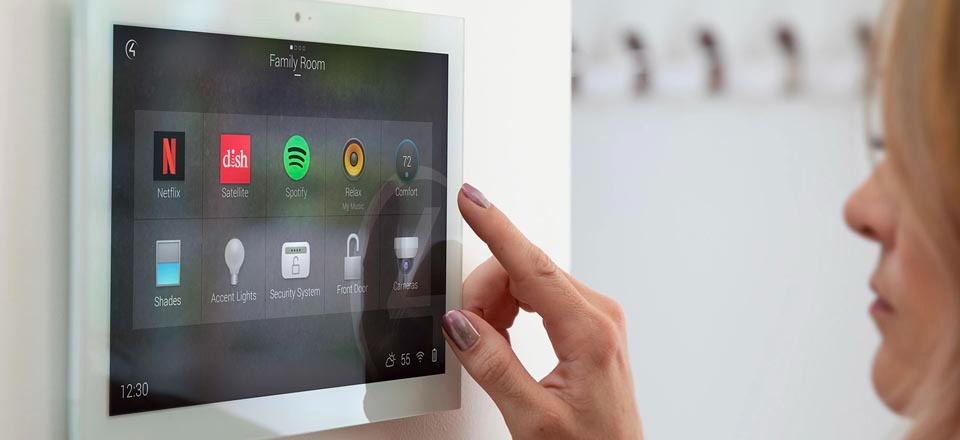
Those wanting to get the most from their system can connect smartphones and tablet computers to their smart lighting control. So, even if you aren’t home, you can still communicate with your integrated smart home systems. You can even use voice control to manage your light strips or table lamps.
With smart lighting’s modularity, it’s easy for installers to add additional rooms and features by bolting them onto your existing system.
The variety of smart lighting upgrades available is vast and ever-increasing.
The Future of Smart Lighting
What about the future of smart lighting? In the coming years, we’ll see more smart home tech benefit from machine learning advances. These systems will track your usual movements around the home and adapt to streamline their schedules. They may even fully automate your home, removing the need for controls. It sounds like science fiction, but we’ll see smart homes learn how homeowners use their lighting, and create automated patterns to reflect this.
For now, there are plenty of systems and upgrades available that could completely change the way you light your home. Smart home tech is only continuing to progress and expand. Setting up the basics within your home will create endless uses, and offer a foundation to build in the future.
Final Thoughts
Ready to brighten up your home with smart lighting? Make sure you do it right. A trusted installer can offer smart lighting, but before an installation ask yourself the key questions:
- How many rooms am I looking to add smart lighting to?
- Which benefits am I most eager to implement?
- Am I looking to integrate with my other smart tech?
- How will I manage light control solutions in my home?
- Do I know where to find a trusted installer who can service, support and maintain my system for years to come?
At The Chris Lewis Group, we have been installing incredible, transformative smart lighting systems in homes since 2008. If you would like to explore everything smart lighting could do for your home, we can help you. Simply fill in the form below, and we will be in touch.
Let us show you the impact a smart lighting system could have for your home - get in touch with our experts today:
Submit the form below and we will reach out to you shortly.
.webp)
Tom Clarke
Related Posts
Chris Lewis Group Recognised as Exclusive Control4 Pinnacle Dealer
Chris Lewis Group Joins Exclusive Control4 'Pinnacle' Dealer Network The Chris Lewis Group is proud to announce its official recognition as a Control4 Pinnacle dealer, joining an exclusive group of.
How Much Does a Smart Home Cost?
As experienced smart home installers, we often get asked one key question: How much will it cost? While design and installation costs will naturally vary from project to project, we understand that.
Our Favourite Smart Home Integrations
On its own, a smart home system can transform your day-to-day life, massively improving the comfort and convenience of your property. The more systems you add, the greater the improvements.



